For a majority of students, the pressure to succeed is nothing new. However, that pressure often feels heavier for those who have older siblings with a successful high school career, setting a bar for excellence. From general academic achievements to athletics, many younger siblings experience high school from a different perspective and with a mindset that provides an added weight of living up to the success of their older siblings.

“He’s [Miles Pankey] very successful and I do feel like I have to live up to the things he did.” said Brett Pankey, 10. “He’s very good at memorizing things, so people compare me to him in that way a lot.”
Pankey’s brother, Miles Pankey, is a senior this year, so his success is still fresh in the minds of the teachers. Pankey feels as though this means the struggle of comparison is just “bound to happen”. However, some students even have siblings who have already graduated from high school, yet they are still compared to them by teachers and even their own parents.
“My parents always joke about how my sister is the ‘brains’ of the family,” said Elliana Ruffin, 12. “I always find myself comparing my own grades to hers, especially in Comp I with Sherron since he had her for four years and brings her up a lot.”
In a way, comparisons can easily make students feel as if they’re constantly being measured against a version of themselves that doesn’t even exist. This is very harmful as it can easily alleviate self confidence and emit doubt within students, leading to feelings of inadequacy. Additionally, students may resort to endless nights of studying and limited free time or sometimes even just giving up if they feel they are unable to fill the shoes of their older siblings. Comparisons made by teachers and parents, however, typically aren’t as detrimental as those made by students themselves.
“I have an older brother who broke, like, thirteen school records,” said Emery Feeback, 11. “It just makes me compare myself to him even though I know, like, I’m not gonna do that. He was also really academically smart, which just makes it even harder.”
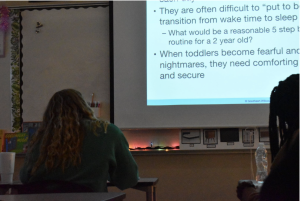
Furthermore, many younger siblings face the pressure of living up to a high school career that doesn’t necessarily align with their own ambitions. Adrianna Janovick, 9, for example, is a freshman at the high school whose older sibling faced several forms of success academically and athletically. However, unlike many others, Janovick has found her own ways to resist this pressure and break away from the expectations of those around her.
“I do cross country and track just like he does, but tennis is my thing,” said Janovick. “It gives me something to say that I did and be proud of and it’s just really fun.”
Although finding a different pathway than those of their successful siblings may seem difficult, it often deems as a journey worth taking. As students continue throughout high school and find ways to embrace their individuality, the truth should come clear: success can be found in so many unique ways, and the bar set by another sibling is just another motivation factor, not something students should feel the need to surpass.


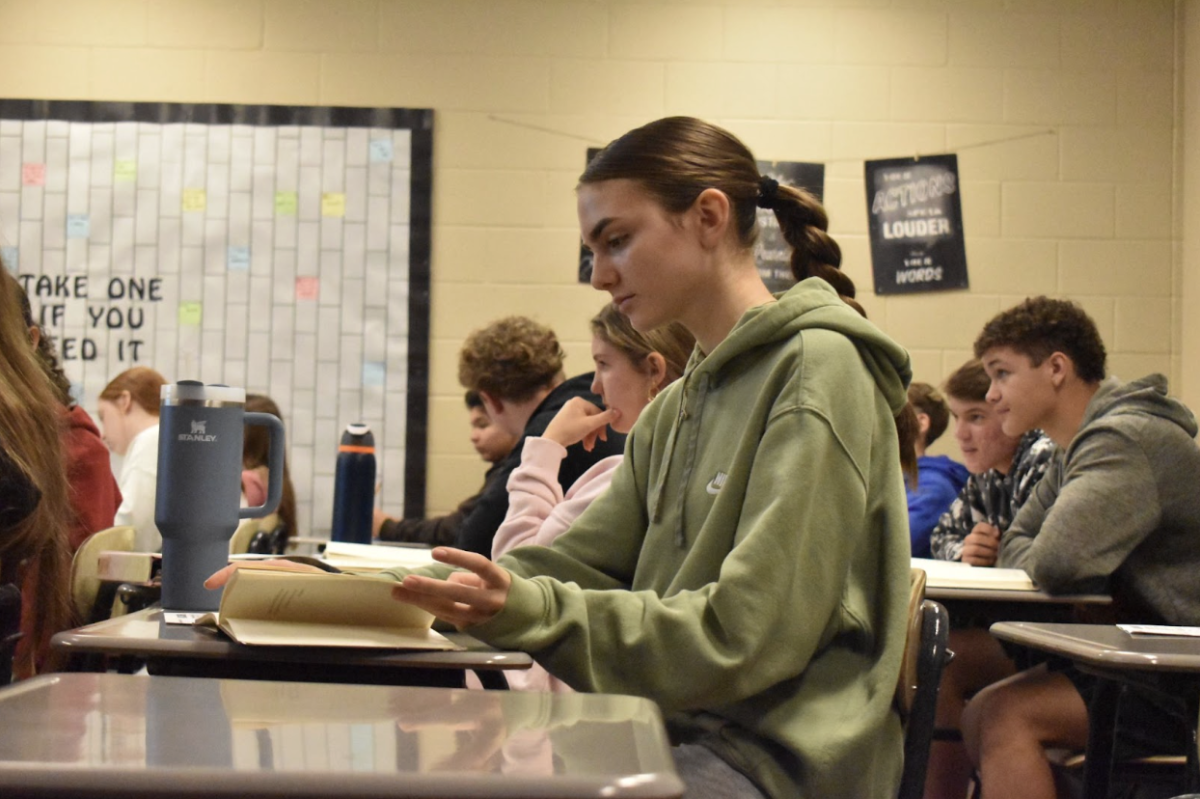

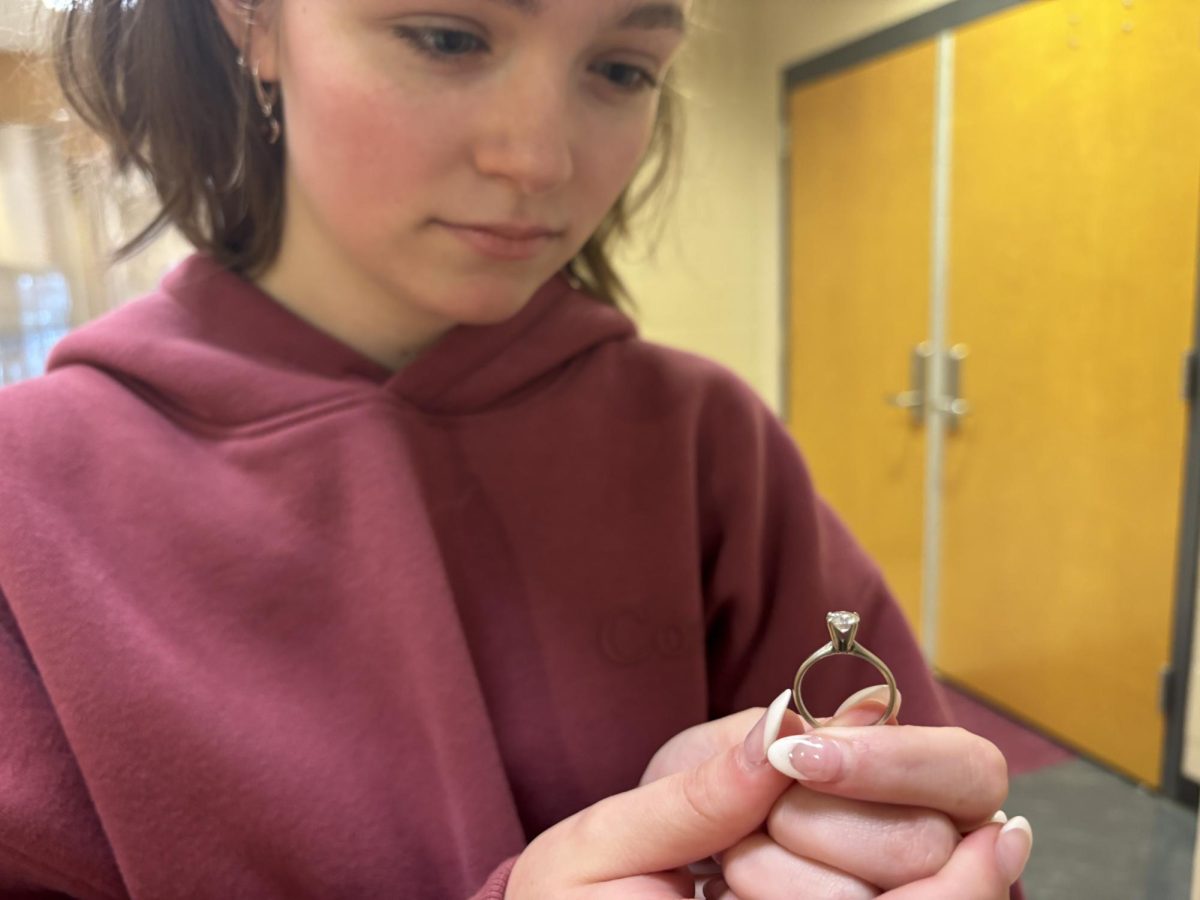

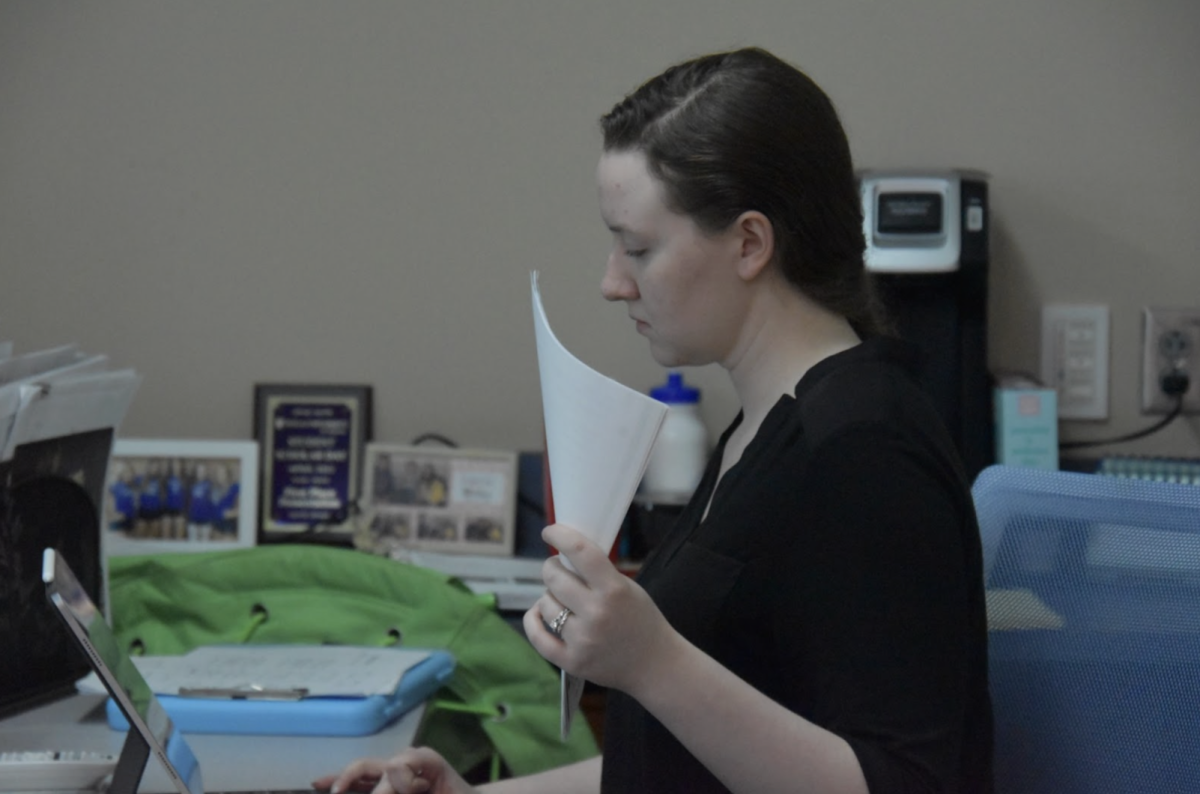




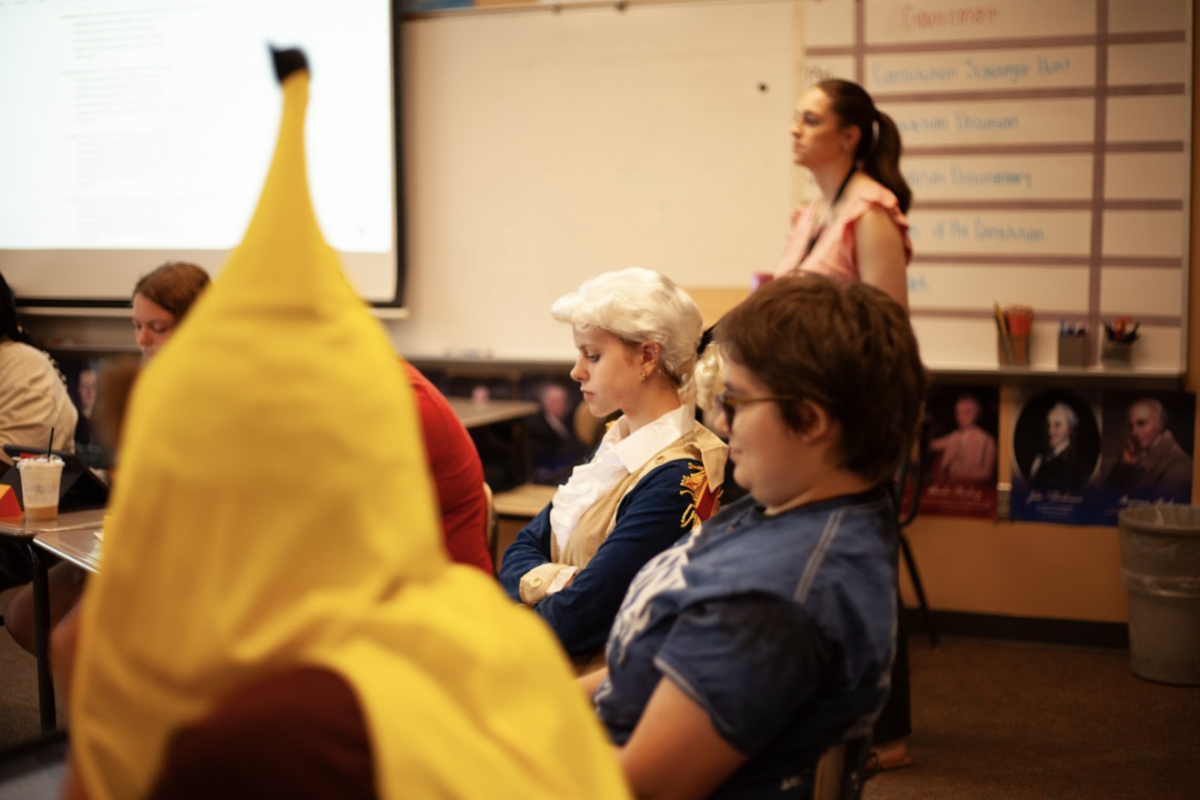
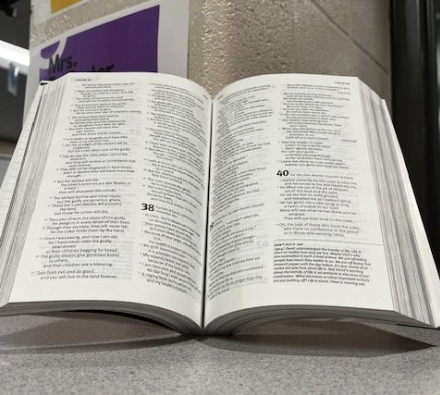

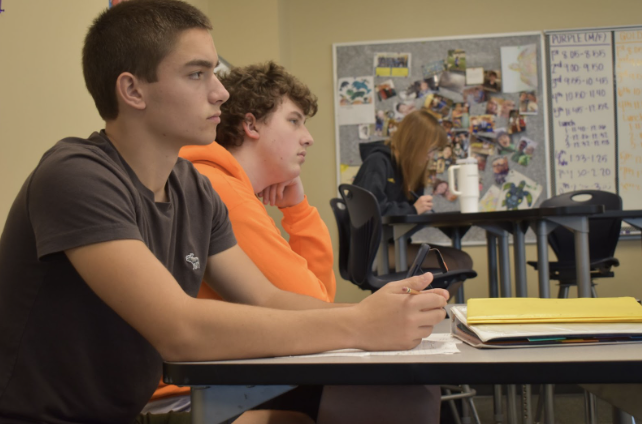
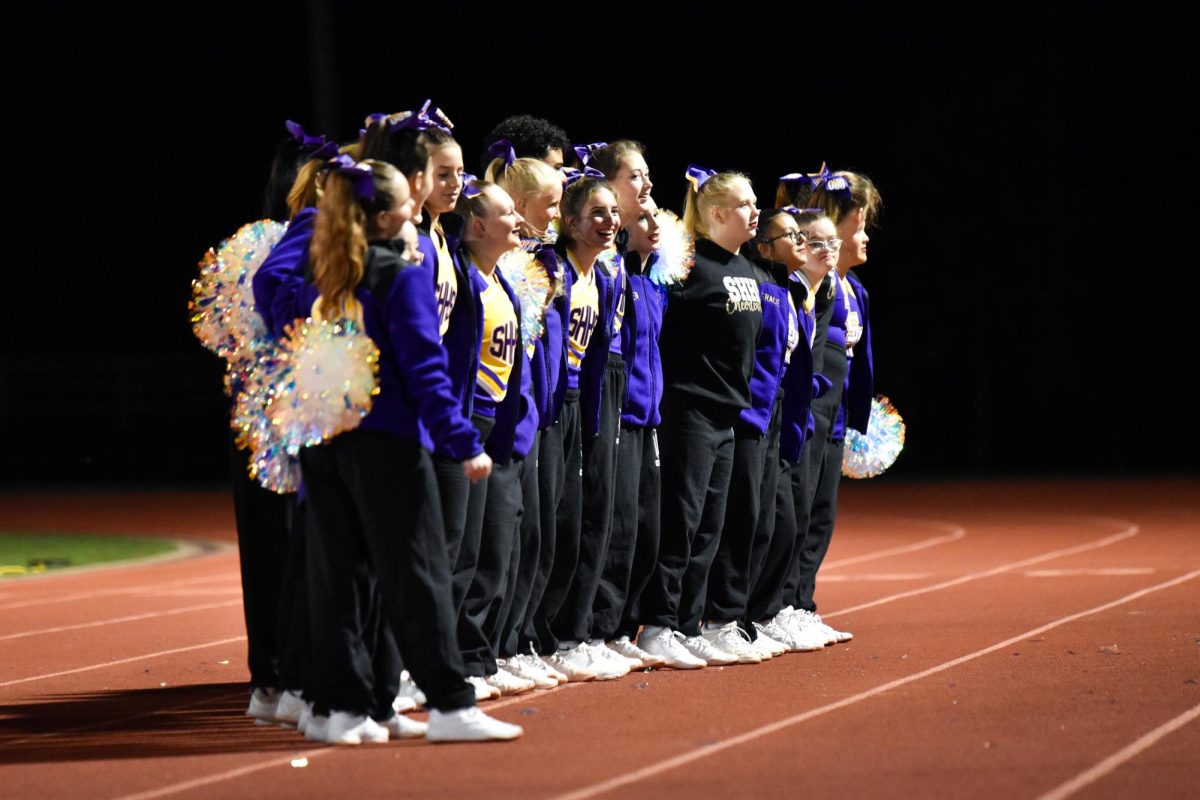
![Peering through their microscopes, [Brock] Laplante’s freshman Biology class has a hard time pretending they’re not interested. From sharp angles to swirling cells, there’s no predicting what could be seen.](https://stampedenews.net/wp-content/uploads/2025/10/Screenshot-2025-10-03-at-10.56.07-AM.png)




